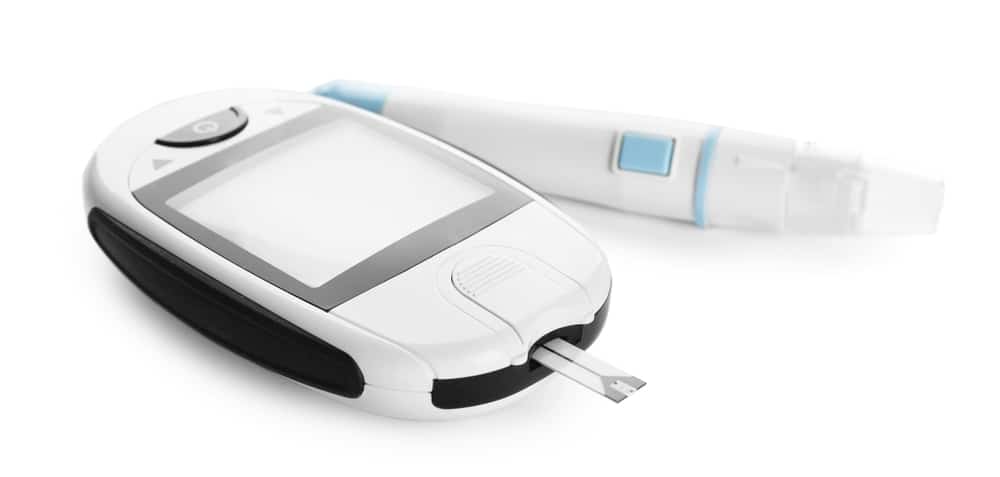Contents:
- Medical Video: Inducing Labor and What to Expect
- What is pitocin?
- How do these drugs work?
- What are the pitocin side effects?
Medical Video: Inducing Labor and What to Expect
If you have not shown signs of giving birth even though the time has come, your doctor may do labor induction. Although induction of labor can be carried out in various ways, the method of administering pitocin drugs through infusion is the most popular.
What is pitocin?
Pitocin is a liquid drug which is a synthetic form of oxytocin. Oxytocin is a hormone produced by the body naturally to trigger the uterus to contract.
This drug is often used to induce labor and control bleeding after childbirth. Not only that, this drug can also be used to stimulate uterine contractions in women who are threatened with miscarriage or have a miscarriage.
Even so, the use of this drug is not always needed in every delivery. Because the induction of labor is only done when the condition of the baby is more at risk to remain in the womb. Usually the doctor will give pitocin if the patient is in certain circumstances such as:
- The gestational age is close to 42 weeks, but no contractions have occurred.
- The amniotic sac has broken but you have not contracted.
- You have an infection of the uterus or chorioamnionitis
- The baby in the womb has stopped growing
- Amniotic fluid is little or not enough to surround the baby (oligohydramnios)
- The condition of the placenta begins to worsen
- You experience placental abruption
- You have a history of stillbirths in a previous pregnancy
- You have medical conditions that are at risk for you and your baby, such as hypertension, preeclampsia or gestational diabetes
- If the epidural anesthesia actually slows the labor process, and induction is needed to continue the labor process.
How do these drugs work?
To induce labor, pitocin drugs are usually injected by nurses into blood vessels through an IV. Then not long after, these hormones in your body will bind to receptors in the uterus which then activate the uterine muscles to encourage contractions. Well, this contraction will gradually make the cervix (cervix or channel where the baby's exit from the uterus to the vagina) opens / widens so the baby can move to push his body through the birth canal.
The nurse may increase the dosocin dose about half an hour or more according to the patient's needs. In essence, the nurse will gradually increase the dose of Pitocin until you experience regular contractions every 2-3 minutes.
What are the pitocin side effects?
Like most other drugs, pitocin is also potentially dangerous if not properly administered and monitored. This drug will indeed trigger the contractions needed for labor, but excessive uterine contractions can also occur. If this happens, this will certainly harm your baby.
The reason is, every contraction felt by women before labor will suppress blood vessels so that it can reduce the blood supply to the placenta. In fact, the oxygen needs of a baby depend on the mother's blood flow to the placenta. Well, that's why excessive contractions can increase a baby's risk of oxygen deprivation, making the baby's heart rate weaken.
Besides the occurrence of excessive contractions, there are several other pitocin drug side effects, namely:
- Bleeding after giving birth. Induction of labor can also increase the risk of your uterine muscle contracting poorly after labor (uterine atony). This causes serious bleeding after giving birth.
- Infection. The risk of infection in the mother and baby increases when you get labor induction.
- Uterine rupture. Although very rare, pitocin also has the potential to cause uterine rupture or tears in the uterine wall if the contractions are too strong. This applies to women who have previously had a caesarean section and then try to give birth normally, this risk can increase by around 1.5 percent.
- Caesarean section. Caesarean section is needed when labor induction does not work for you, especially if you have never given birth before and your cervix is not ready for labor.
- Fluid retention. Another potential side effect is water buildup. This happens because pitocin is similar in structure to ADH, which is antidiuretic hormone. Well, if given in excessive doses, this can cause a buildup of fluid in the body.
- More painful contractions. Although it is difficult to assess objectively, many women report contractions that are more painful when using labor induction drugs. Even so, these side effects may be different for each person because the effect will depend on how you respond to this drug.
Always talk to your doctor about preparing labor for your baby, so that everything that is bad during childbirth can be well anticipated.













